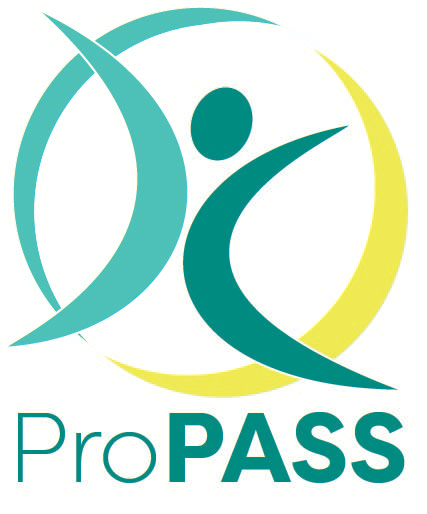
ISPAH and ProPASS are excited to enter a long-term partnership aimed at addressing critical gaps in the evidence base on the health effects of physical activity and sedentary behavior that is used for global and national guidelines development. The partnership with ProPASS is the first research-focused ISPAH initiative of its kind.
Who is ProPASS?
ProPASS is an international research collaboration platform of cohorts using thigh-worn accelerometry devices to explore the effects of physical activity, posture, and sleep patterns on a wide range of health outcomes. The objectives of the consortium are:
The ultimate goal of the ProPASS consortium as a data resource is to promote collaborative individual participant and prospective meta-analyses on physical activity, posture, and sleep.
Why is this partnership needed?
To date, the vast majority of research used for public health and clinical guidelines development comes from prospective cohort studies carried out in high-income countries.
The ISPAH-ProPASS partnership stands at the intersection of ISPAH’s goal to “develop capacity in research and practice on physical activity and public health worldwide” and ProPASS’ core objectives, which include the generation of device-based evidence across all WHO regions using state of the art research methods.
The partnership is specifically geared towards expanding the geographical coverage and relevance of physical activity research, and addressing a number of important knowledge gaps prior to the next review and update of global and national physical activity guidelines, which are due towards the end of this decade (~2030).
What are the two key themes of the partnership?
Theme 1 is aimed at supporting ProPASS’ expansion to under-represented countries and populations, such as low- and middle-income countries (LMICs), and lower socioeconomic and minority groups. This theme will involve joint initiatives to build research capacity for cohort studies and strong multidisciplinary collaborations, particularly in LMICs.


